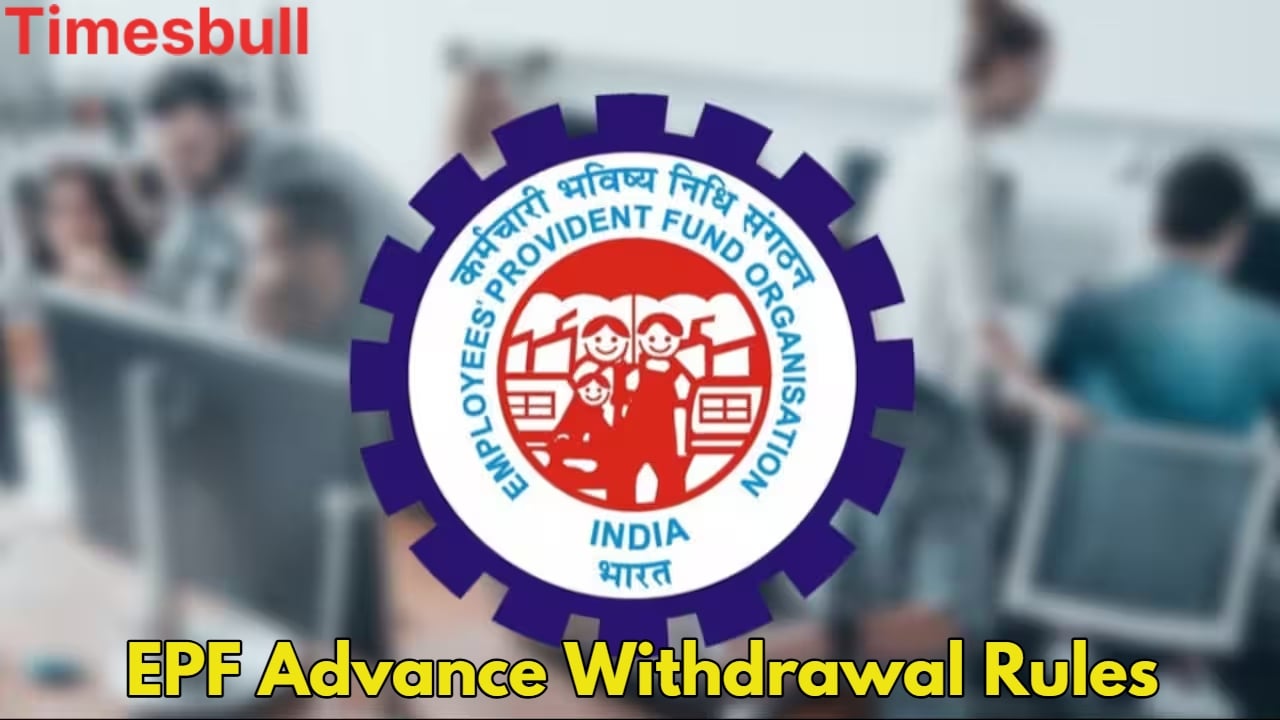Emergency never comes with any warning and often in such difficult times, money is needed immediately. Be it a medical emergency, sudden vehicle repair, or home renovation – arranging money immediately becomes very important to deal with such situations. The good news is that in today’s time, there are many easy and quick ways to arrange money immediately.
How to arrange an emergency fund
When unexpected expenses come up, a strong emergency fund comes in handy. Here are some effective ways to arrange money immediately in difficult times:
Personal loan
When an unexpected expense comes up, a personal loan comes in handy. This is a quick and easy way to borrow money. There are a number of digital lending platforms available today, where you can get a personal loan within minutes to hours.

Borrow from friends or family
Borrowing from friends or family members is usually the quickest way to get money during an emergency. First, this option is usually interest-free, and second, people close to you are well aware of your situation. Always be transparent about the repayment term. To avoid any disputes later, clearly state upfront how long you will be able to repay the loan. This is important to maintain trust in the relationship.
Credit Card
Credit cards can prove to help cover emergency expenses like medical bills or urgent car repairs. However, it is important to be cautious about your credit limit and credit utilization ratio. Try to keep your credit utilization below 30% – 50%. Failure to do so can hurt your credit score.
Cash advance
You can also consider taking a cash advance on your credit card. This allows you to withdraw cash up to a certain limit, but remember that most credit cards charge a fee for cash advances. Also, interest is usually charged from the date of withdrawal, so to avoid a high interest rate, the cash advance should be repaid as soon as possible.
Emergency fund
Being prepared for emergencies in advance is one of the best ways to deal with such difficult times. An emergency fund acts as a safety net when an urgent expense arises suddenly. So, depending on your monthly expenses, keep three to six months of expenses ready as an emergency fund. If you make regular contributions to this fund, you can deal with any emergency without using a credit card or loan.
EPF Advance

For salaried employees, an Employee Provident Fund (EPF) advance can be a good option in case of an emergency. EPF allows you to withdraw a part of your savings for certain purposes such as medical expenses, marriage, or home repairs.
Loan Against Property
If you own a property, taking a loan against the property can be a good option in case of an emergency. It is a secured loan, so its interest rates are lower than unsecured loans.
Overdraft Facility
An overdraft facility is a credit facility that allows you to withdraw more money than the balance in your bank account, but it has a certain limit. Nowadays almost all banks and NBFCs are providing overdraft facilities.
